There must be someone in your organization who seem to be a go-to person for everyone. This is not because they hold a higher position in the company, but because they probably have amazing soft skills that attract people to them.
Soft skills are very important for career growth just as talent and hard skills. But what exactly are soft skills? And why are they so important to grow your career? Continue reading to find out more.
What Are Soft Skills?
Soft skills are referred to as the combination of personality traits, social skills, communication skills, people skills, and emotional intelligence. They make it easier to associate and work peacefully with other people at work.

Here are Six Essential Soft Skills You Need To Grow Your Career;
- Growth Mindset
Disappointments and other frustrating situations are bound to show up at work at some point in our careers. The ability to keep going is a soft skill described as a growth mindset.
When you have such skill, you’ll probably see failure as an opportunity to identify your strength and weakness to challenge future events. Without the growth mindset, you might see yourself running negative thoughts through your mind like saying “I’m not good at using excel” when you can actually make effort to learn it.
- Emotional Intelligence
The ability to recognize and manage your emotions and the emotions of others is described as emotional intelligence. It involves building positive relationships and using effective communication methods with other people.
It is made up of five key elements: motivation, empathy, self-awareness, social skill, and self-regulation.
- Team Player
Whether you’re an individual contributor or human resources manager, you will have to work with other people to achieve the common goals of an organization.
Keeping a positive attitude when working with others is essential in keeping peace within the team. This requires being open to new ideas and working respectfully with others.
- Active Listener
It is difficult to digest what is being discussed in a meeting when you have divided attention like checking your WhatsApp updates.
Being an active listener means paying close attention to the presenter during the meeting, maybe asking questions or having some points taken down for future reference.
Having this soft skill means you won’t need things repeated to you because you didn’t only hear them, but also, had them noted down in your book.
- Work Ethic
Succeeding in a role means you have to put in extra effort and time to meet your set goals.
It is important you refine your work ethic if you’re looking at getting a new job or getting a promotion at your current workplace, even if it involves learning a new skill to get ahead.
- Openness To Feedback
This is perhaps one of the most important of it all. Being open to feedback is critical to be successful at a job.
Imagine yourself getting constructive feedback from a colleague, this will help you do better jobs. But if you use a defensive approach while receiving the feedback, you might find yourself a step back from hitting your goals.
Constructive feedback comes from a place of kindness, it doesn’t necessarily mean the person hates you.

Why Are Soft Skills Important?
Soft skills will help you win more at your job as well as accelerate your growth. It comes in handy during contract negotiations, the presentation of ideas to colleagues, and networking.
When you have these skills, you’ll be able to build strong relationships both within and outside your professional life, run your projects smoothly, and deliver results that make everyone happy.
Can Soft Skills Be Learned?
The good thing is that you can learn soft skills. Maybe not directly from the classrooms, but they can be learned and improved upon over time through daily interactions with work colleagues and personal development in the areas of known weaknesses.
Soft skills are better identified as transferable professional skills because they are essential in every industry at every level.
You must be open to feedback and make decisions to do better with your behaviors.
Conclusion
The most important of all is to keep a positive attitude. Be optimistic about all challenging situations that might arise, it will help you in your day-to-day job and even make others want to work with you.

















